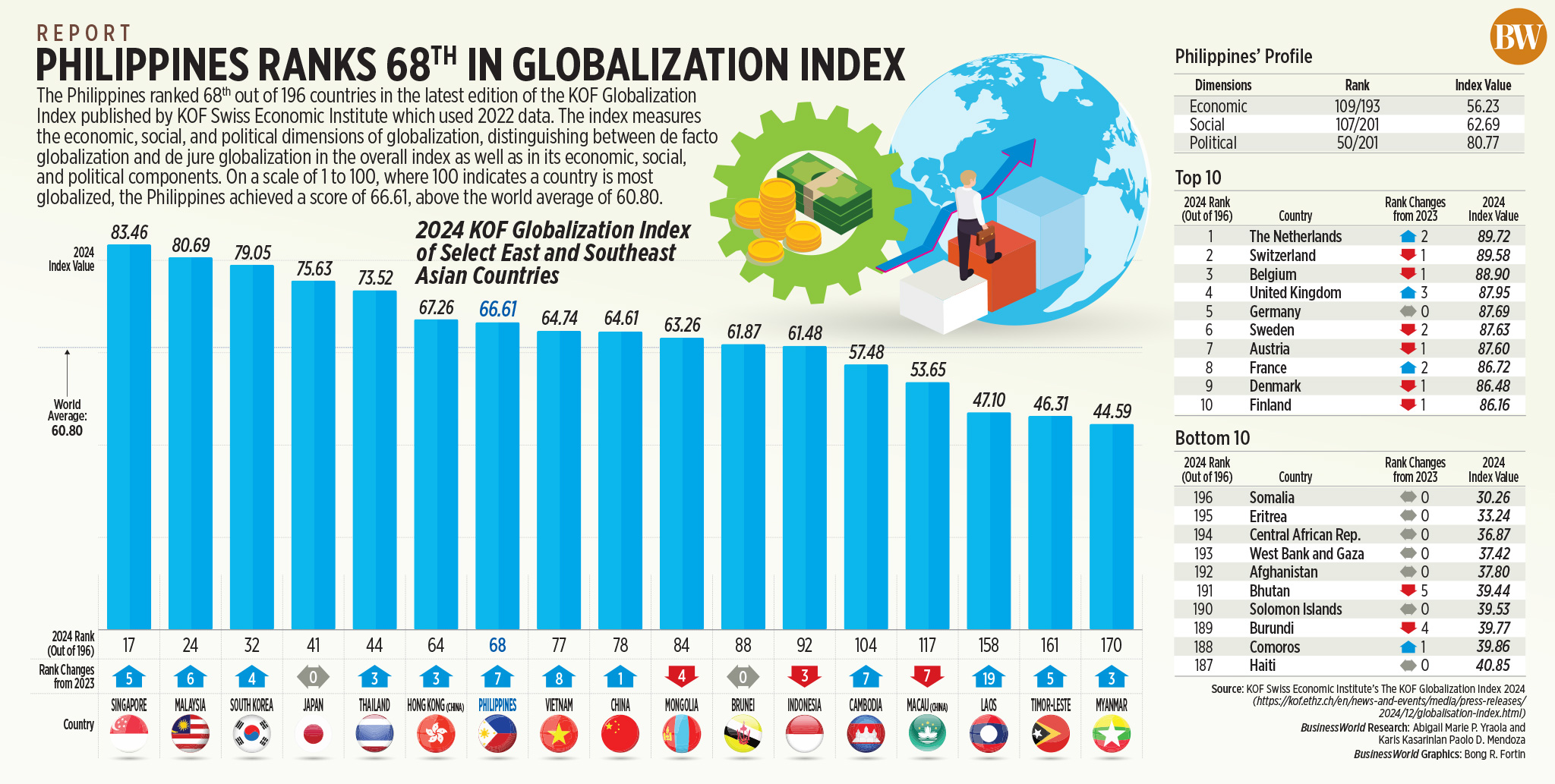The Competition Commission of India (CCI), tasked with safeguarding fair competition and consumer welfare, is facing an unprecedented challenge – the strategic use of judicial delays and public campaigns by corporate giants to frustrate its investigations.
At the heart of this issue lies the CCI’s investigation into e-commerce giants Amazon and Flipkart. Initiated in 2020 following complaints from the Delhi Vyapar Sangh, the probe revealed serious anti-competitive practices, including preferential treatment for select sellers, deep discounting and exclusive product launches in collusion with smartphone manufacturers such as Samsung and Vivo. These findings highlight significant market distortions affecting smaller retailers and consumers.
- Also read: TN provides interest subsidy to modernise textile mills
However, the investigation has been met with stiff resistance. A staggering 24 writ petitions have been filed across multiple high courts, including Delhi, Punjab and Haryana, Karnataka and Allahabad. These legal challenges, often from vendors and brands tied to Amazon and Flipkart, seek to question the CCI’s procedural methods and the scope of its inquiry.

Legal challenges, often from vendors and brands tied to Amazon and Flipkart, seek to question the CCI’s procedural methods and the scope of its inquiry.
| Photo Credit: Dado Ruvic
The petitions raised fundamental questions including the DG’s authority to investigate third parties not initially named as opposite parties in the CCI’s inquiry; the requirement of prior notice and hearing before designating an entity as an “opposite party”.
This has the potential to delay regulatory action, besides bringing the inquiry to a standstill.
For instance, Samsung has recently filed a petition in the Punjab and Haryana High Court challenging the legality of a 2022 search and seizure operation conducted by CCI in the ongoing probe against e-commerce majors Amazon and Flipkart.
- Also read: Switzerland suspends MFN clause with India under tax treaty, cites SC ruling in Nestle
The raid, which took place at Appario Retail, an Amazon reseller, involved the cloning of mobile phones belonging to three Samsung employees present on the premises. Samsung argued that seizure was unlawful and requested the court to prevent CCI from using any evidence obtained in the operation during its ongoing investigation.
In a bid to overcome these delays in this high stakes legal battle, CCI has petitioned the Supreme Court to consolidate the cases, preferably in the Delhi High Court, to ensure swift adjudication and avoid conflicting rulings.
Online Campaigns
Adding another dimension to this challenge is the role of public opinion campaigns. Corporate governance advisory firm InGovern recently launched a signature campaign mobilizing 10,000 stakeholders, including sellers and investors, against what it calls “judicial redundancy and procedural short-circuiting” by the CCI.
- Also read: Christmas cheer for travellers as airfares witness moderate rise
While the campaign claims to defend judicial independence, its narrative risks undermining the CCI’s efforts. For instance, the campaign criticizes the CCI’s request to consolidate cases as a move that bypasses state high courts, framing it as an erosion of judicial processes. However, this overlooks the CCI’s valid concern about delays and inconsistent rulings hampering regulatory action in a critical market.
The timing and framing of such campaigns raise questions about their intent, particularly when they align with efforts by corporate giants to avoid regulatory scrutiny.
CCI’s Response
The Commission’s move to seek case consolidation in the Supreme Court reflects not only its awareness of procedural bottlenecks but also its determination to streamline the judicial process for faster resolution.
- Also read: Pushpa hero Allu Arjun arrested, gets bail in stampede case
The CCI’s actions are critical for ensuring a level playing field in India’s e-commerce sector, which is poised to grow from $60 billion in 2023 to over $160 billion by 2028. A delay in addressing anti-competitive practices could stifle innovation, harm smaller retailers, and ultimately hurt consumers.









Leave a Comment